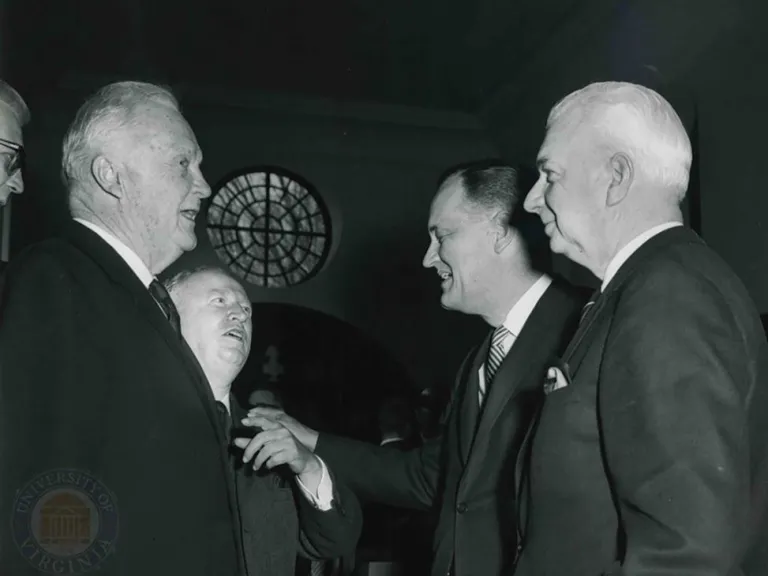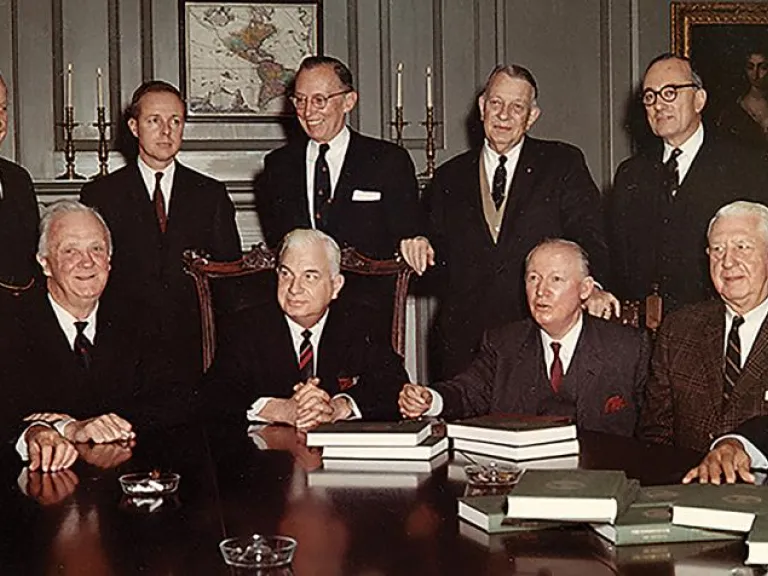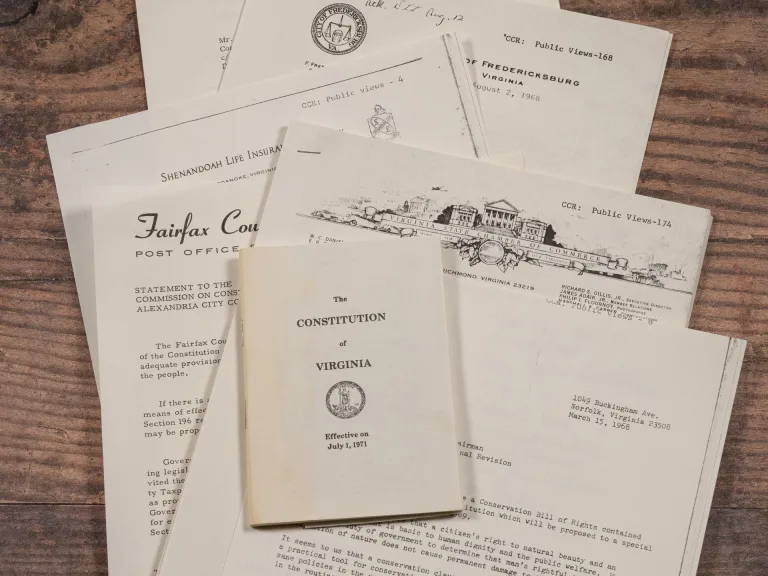The delegates who gathered in convention in Richmond in 1901 to rewrite Virginia’s Constitution had no doubt about why they were there. Reconstruction had brought the Fifteenth Amendment to the United States Constitution, forbidding states to deny the right to vote on the basis of race, color, or previous condition of servitude. In his opening speech to the delegates in Richmond, the convention’s president denounced the Fifteenth Amendment as “a crime against civilization and Christianity.” That amendment, he said, had forced Virginia, “under the rule of bayonet, to submit to universal negro suffrage.”
What was needed, most delegates agreed, was to rid Virginia of the black vote. White supremacy was the natural order of things. In the presiding officer’s words: “The all powerful Creator, for some wise purpose, has made the black man inferior to the white man.” To great applause, another delegate made clear his aim: “to secure white supremacy in this government and that of every city and county in the Commonwealth.”
The convention accomplished their purpose with grim efficiency. Devices included the poll tax and burdensome registration requirements. Delegates did not expect registrars to be impartial in their examination of those attempting to registrar. One delegate was candid: white applicants “will find a friendly examination.” Not so black applicants, who should expect a hostile examination; therefore, “they will not apply for registration.”



